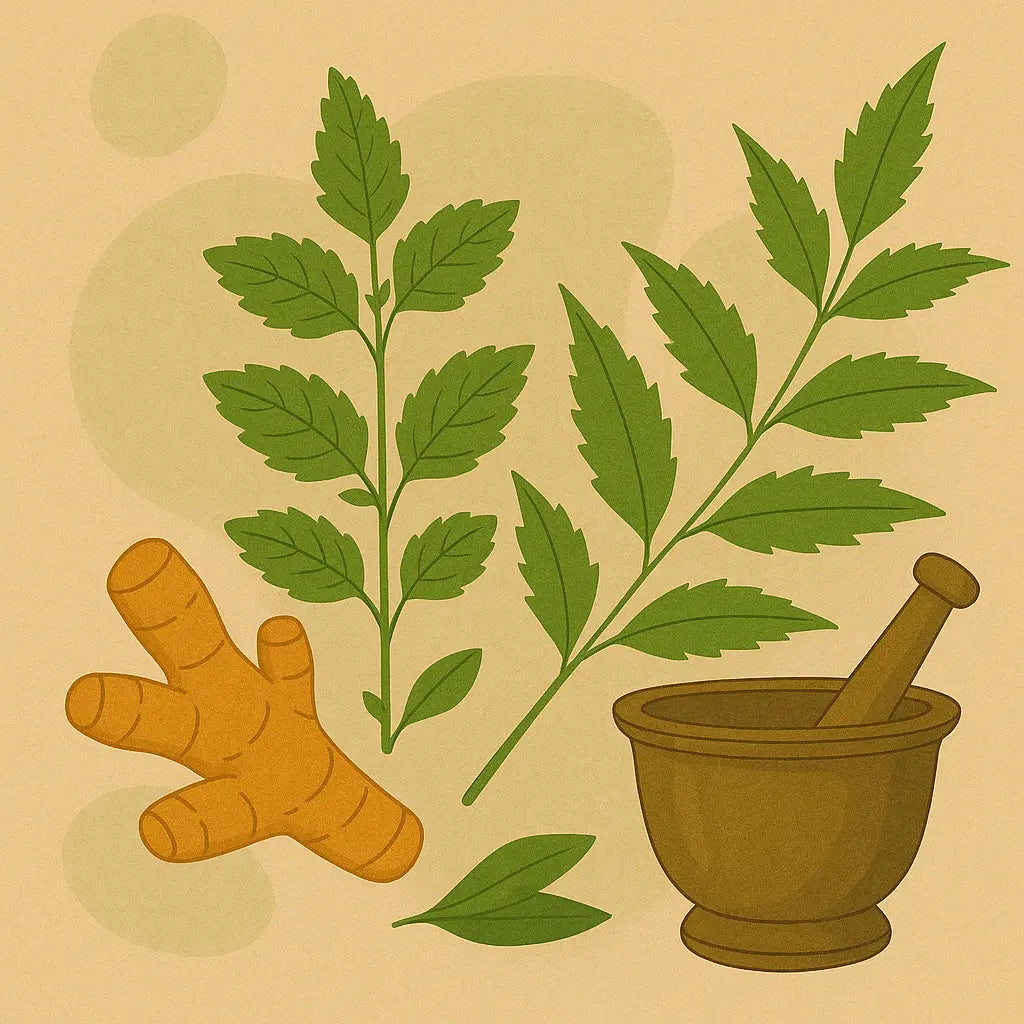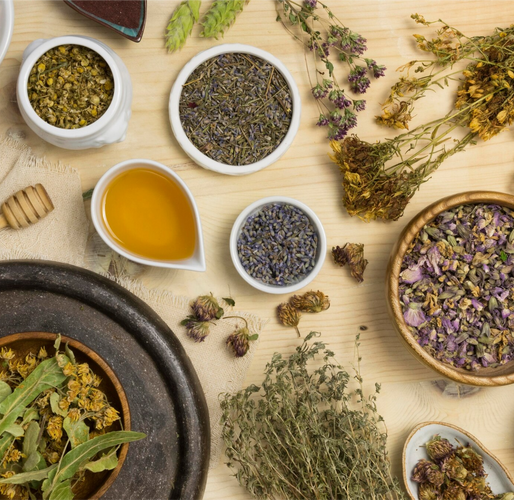Your constitution shapes your natural strengths, but lifestyle and diet can lead to imbalances—aggravating one or multiple doshas. If left unchecked, these imbalances may manifest as health issues over time
Since Kapha is heavy, slow, cool, and moist, an excess of these qualities—such as overeating, lack of movement, or cold and damp weather—can lead to Kapha imbalances like sluggishness, weight gain, congestion, or emotional stagnation. To stay balanced, it’s important to incorporate warmth, movement, and stimulation into daily life.
A Kapha-balancing diet focuses on light, warm, and invigorating foods such as steamed vegetables, legumes, spices like ginger and black pepper, and minimal dairy. Favor pungent, bitter, and astringent tastes while reducing excessive sweet, sour, and salty foods. Eating lighter meals and avoiding overeating or emotional eating helps maintain digestive health and energy levels.
An active lifestyle is key to preventing Kapha stagnation. Engaging in dynamic exercise like running, cycling, or strength training is beneficial, as is avoiding excessive sleep or prolonged periods of inactivity. Daily dry brushing, invigorating self-massage with warming oils, and exposure to natural sunlight can also help counter Kapha’s heavy nature. Ayurvedic herbs like Trikatu, Punarnava, and Bibhitaki are traditionally used to support Kapha balance by stimulating metabolism and clearing excess mucus.
By following Ayurvedic principles, Kapha types can maintain their natural endurance, stability, and nurturing qualities while avoiding the pitfalls of lethargy and excess accumulation.
Connect with a Yuvrit Ayurveda expert to explore personalized wellness solutions.
 Free & discreet shipping on all prescriptions
Free & discreet shipping on all prescriptions
 No insurance required
No insurance required
 Trusted over 1M subscribers
Trusted over 1M subscribers





